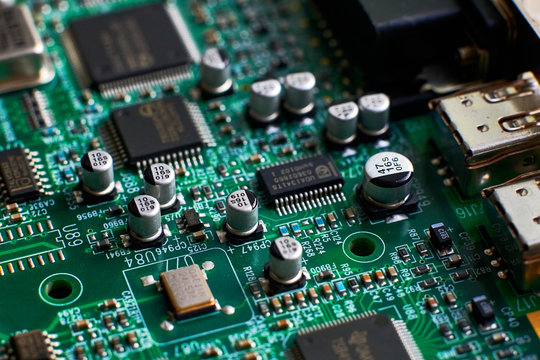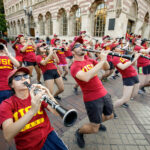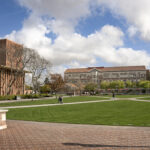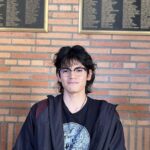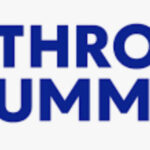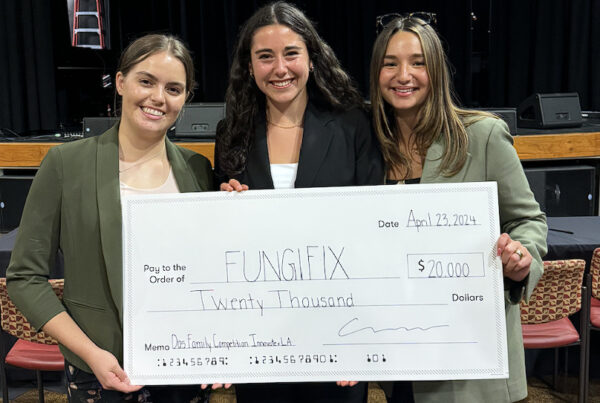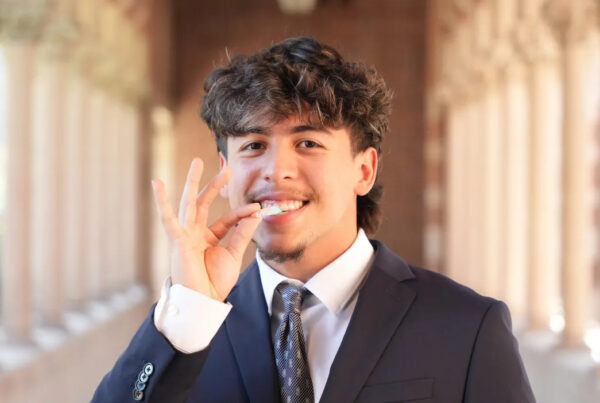Growing up with both my parents as engineers, pursuing this field felt natural. As I now look back on my high school experiences in STEM courses like AP Physics C and AP Computer Science A, I realize how imbalanced my high school classes were in terms of gender. That contrast is especially clear now, when I see the much more equitable gender representation in my Electrical Engineering classes at USC Viterbi.
I find my female professors, research mentors, teaching assistants, and course producers incredibly inspiring. Their leadership motivates me as I consider pursuing a PhD in the future. Beyond that, I feel a strong sense of community with my female peers. When classes get tough, knowing that I’m surrounded by women who are going through the same challenges creates a supportive and relatable environment. It reassures me that we’re all in this together, navigating the complexities of our coursework.
Additionally, USC offers incredible resources through its student organizations like the Society of Women Engineers (SWE), Women in Engineering (WiE), and the Women in Science and Engineering (WiSE) program, which all foster networks of support. Coming from the Bay Area, where I seldom saw ethnic diversity in STEM, it’s refreshing to see such diversity across every major at Viterbi, especially in Electrical and Computer Engineering. I appreciate how USC and Viterbi are pushing for diversity in both gender and ethnicity—essential first steps to driving change in industry standards and norms.

